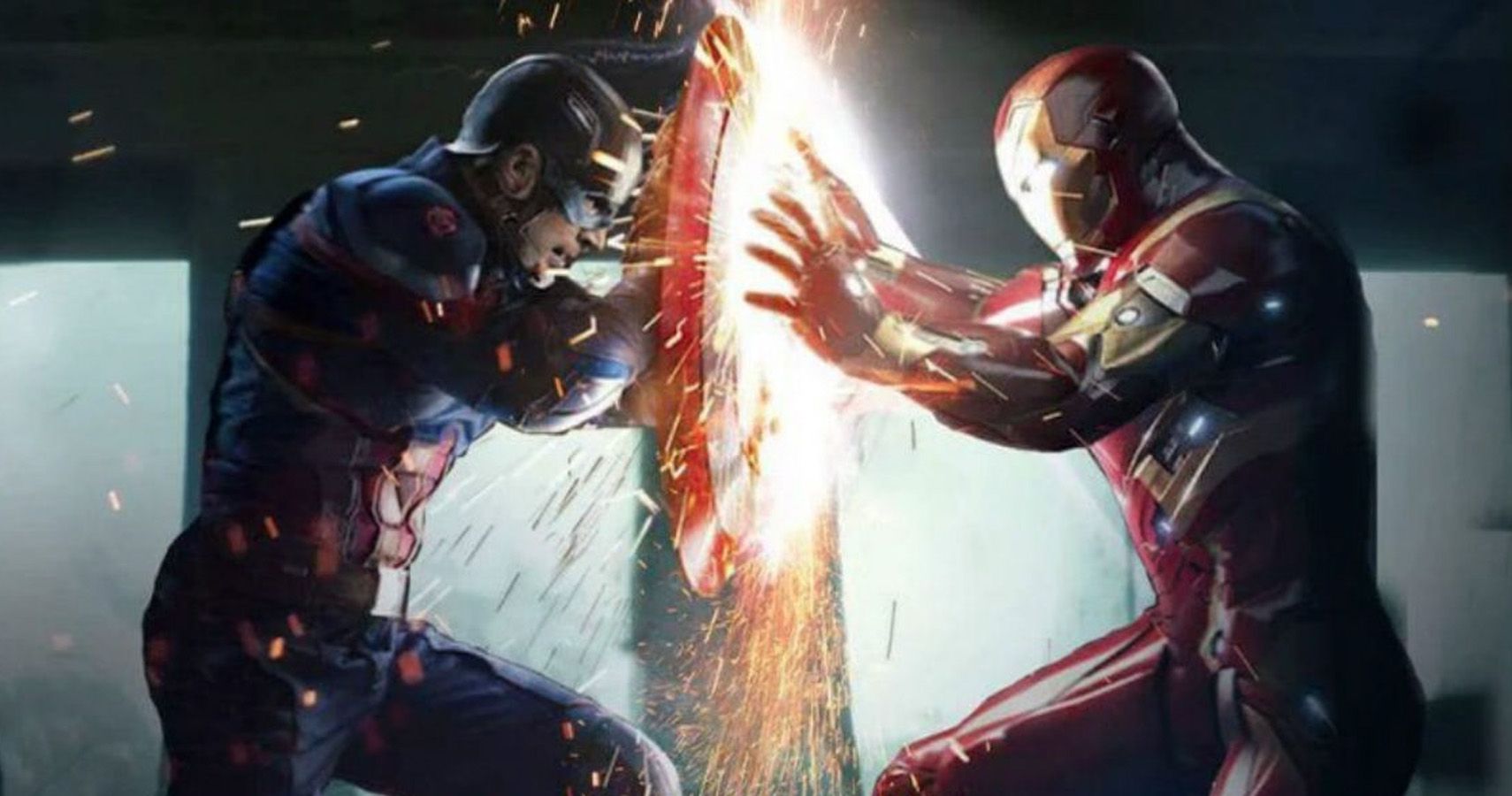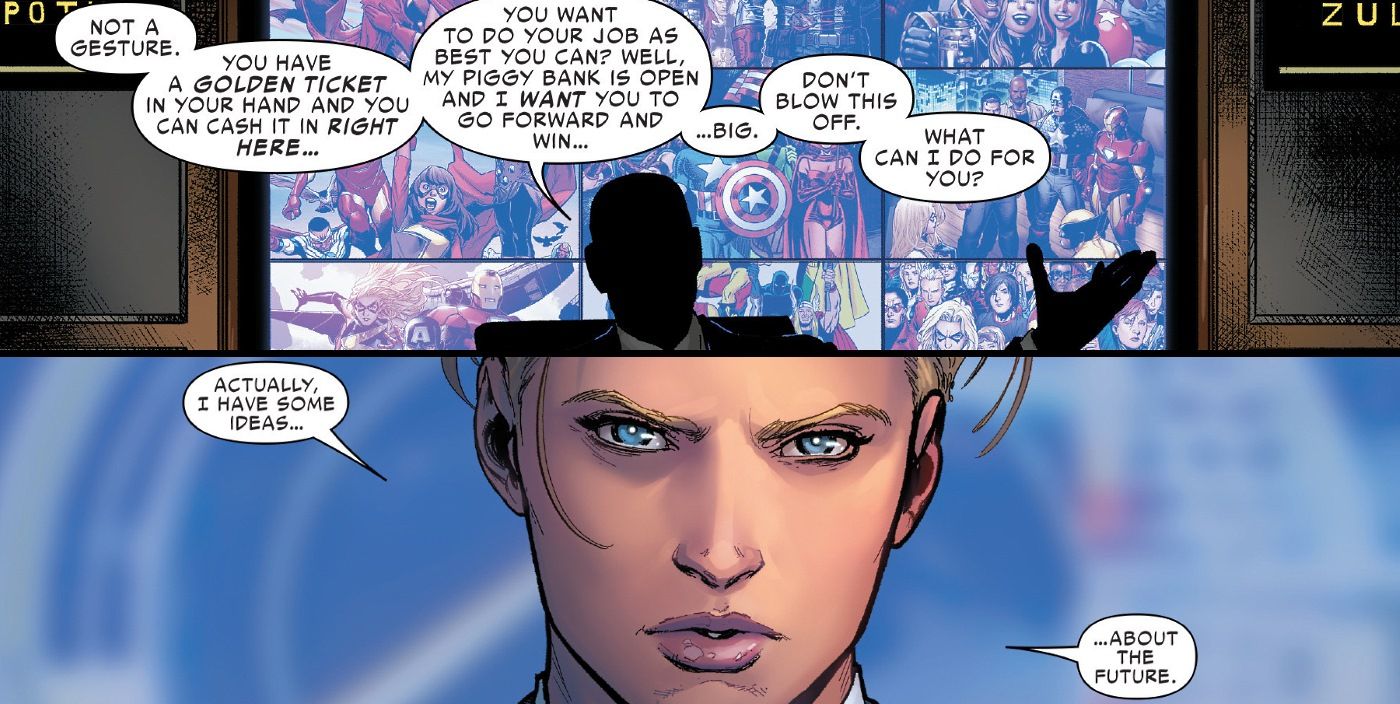
Had the Avengers simply re-assembled after their movie-long conflict, the story would feel underwhelming and without any stakes.

In hindsight, Captain America: Civil War’s canon ending is much better than its alternative. This not only allowed the Russo brothers to make the film they intended to do, but it also eventually freed Marvel Studios from the influence of the now-defunct Marvel Creative Committee. In the same book, the Russos revealed that after learning that the pair were contemplating leaving, Marvel boss Kevin Feige talked to then-Disney Chairman Alan Horn about the situation and, fortunately, the company executive sided with the directors. This was at the point in Captain America: Civil War’s development that directors Joe and Anthony Russo almost quit the project. Instead of a finale that saw the Avengers still broken up, the committee “vetoed the idea,” and “insisted” that the studio re-assemble the team at the end of the film “to fight Baron Zemo and his squad of super soldiers in the film’s final act.” As revealed in The Story of Marvel Studios: The Making of the Marvel Cinematic Universe (via ComicBook), the Marvel Creative Committee wanted Marvel Studios to change the film’s ending. However, had things panned out differently, Captain America: Civil War could’ve had a different ending. Related: Age Of Ultron Explains Captain America’s Big Infinity War Mistake With Earth’s Mightiest Heroes broken up, an opportunity for Thanos (Josh Brolin) arose to attack Earth while the Avengers were scattered around the globe. To make things worse, he learned that Steve had purposefully hidden the information from him, resulting in an intense and serious fight that lasted for several years and split the core Avengers team. However, the truce only lasted for a short time, as Tony was confronted with the fact that the Winter Soldier had killed his parents. Iron Man eventually decided it was best to patch things up with Captain America after discovering that Bucky Barnes was framed by Baron Zemo (Daniel Brühl). But while this was the initial source of their conflict, things became more personal by the third act of Captain America: Civil War. Steve Rogers (Chris Evans) was against it, while Tony Stark (Robert Downey Jr.) was willing to sign the treaty.

Instead of the Superhero Registration Act, it introduced the Sokovia Accords, which would have had all enhanced individuals regulated by the United Nations.


Marvel Studios’ big-screen adaptation of the Civil War comics narrative had a few key differences to its print source. Captain America: Civil War almost had a different ending that saw the Avengers re-assembling.


 0 kommentar(er)
0 kommentar(er)
